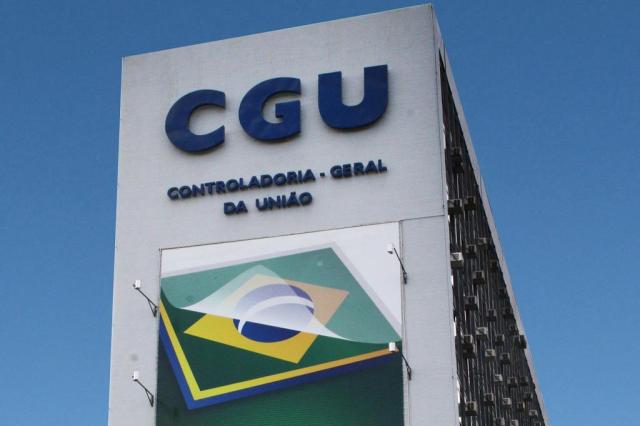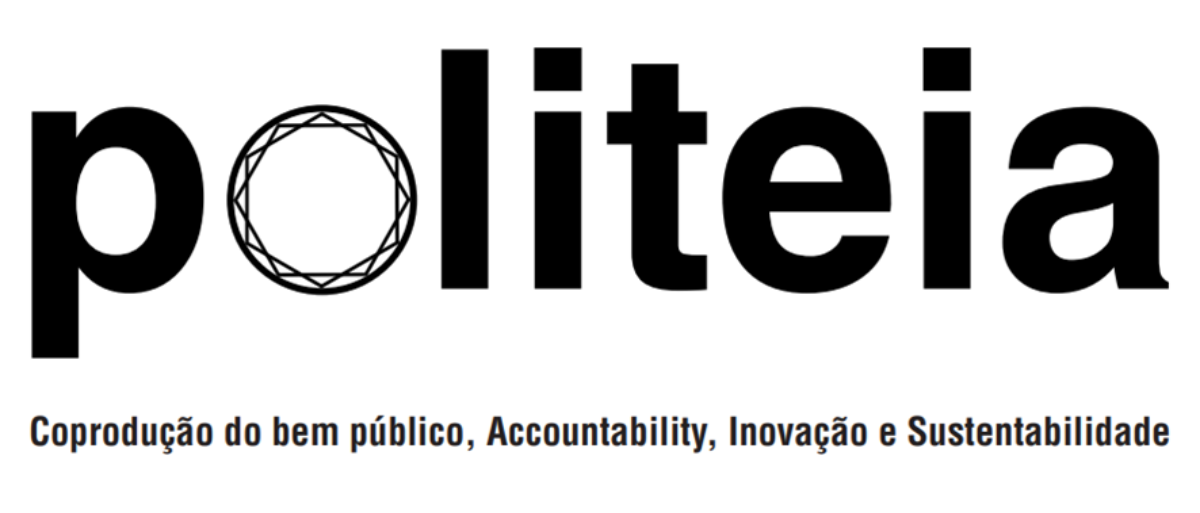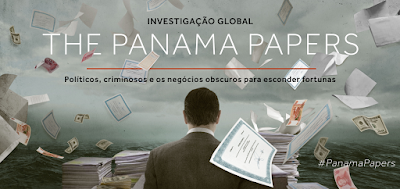Detalhes sobre a Frente em
link.
“A Frente pelo Controle e Contra a Corrupção é uma iniciativa que conecta a CGU com a sociedade para lutar pelo fortalecimento dos órgãos de controle e pelo aprimoramento dos mecanismos de controle popular sobre a atuação estatal.
Os eixos da Frente são:
I) Prevenção e Combate à Corrupção
II) Apoio a uma Gestão Pública Efetiva
III) Aprofundamento da Democracia e Democratização dos órgãos de Controle
Uma Administração Pública transparente, efetiva, democrática e livre de corrupção. Essa é a visão que motiva e conduz a constituição da Frente pelo Controle Contra a Corrupção, que buscará convergir os esforços da sociedade civil, Parlamento e instituições por mudanças estruturais que aperfeiçoem e fortaleçam o controle administrativo e popular no país.
Integrantes da Frente:
Amarribo Brasil
ANAFIC – Associação Nacional de Auditores Federais de Controle Interno
Artigo 19
AUDITAR – União dos Auditores Federais de Controle Externo
Datapedia
FNCC – Fórum Nacional de Combate à Corrupção do CNMP
INESC – Instituto de Estudos Socioeconomicos
IFC – Instituto de Fiscalização e Controle
Instituto Soma Brasil
MCCE – Movimento de Combate à Corrupção Eleitoral
Observatório Social do Brasil e Rede OSB de Observatórios Sociais
Projeto Brasil 2030 / Guerrilha do Servidor Público
Rede Social Brasileira por Cidades Justas Democráticas e Sustentáveis
UNACON Sindical – Sindicato Nacional dos Analistas e Técnicos de Finanças e Controle
UGT – União Geral dos Trabalhadores
Ação Cearense de Combate a Corrupção e a Impunidade – ACECCI (Ceará)
DF em Movimento (Distrito Federal)
Instituto de Cultura e Cidadania A Voz do Cidadão (Rio de Janeiro – RJ)
Rede Nossa São Paulo (São Paulo – SP)
Associação de Moradores de Primavera e Rosana pela Ética e Moralidade Administrativa – AMPREMA (Rosana – SP)
Associação Diamantina Viva – ADIV (Diamantina – MG)
Associação dos Amigos da Cidadania e do Meio Ambiente de Piracicaba – AMAPIRA (Piracicaba – SP)
Associação dos Amigos e Moradores de Viçosa – AMEVIÇOSA (Viçosa – MG)
Ativa Búzios (Armação dos Búzios – RJ)
Campinas Que Queremos (Campinas – SP)
Conselho Nacional do Laicato do Brasil da Diocese de Piracicaba – CNLB (Piracicaba – SP)
Colmeia da Inovação (Distrito Federal)
Movimento Transparência Tucuruí (Tucuruí – PA)
Observatório Social de Brasília (Distrito Federal)
Observatório Social de Mandaguari – ADAMA (Mandaguari – PR)
Pastoral do Serviço da Caridade – PASCA (Piracicaba – SP)
Sociedade Terra Viva – STV (São José de Mipibu – RN)”
Fonte: http://frentepelocontrole.org/wp/index.php/2016/04/24/quem-somos/, em 06/05/2016
==================
Texto de Vanessa Campos
Publicado originalmente em http://frentepelocontrole.org/wp/index.php/2016/05/06/servidores-da-cgu-e-representantes-de-entidades-da-sociedade-civil-lancam-frente-pelo-controle-e-contra-a-corrupcao/
Iniciativa busca o fortalecimento dos órgãos de controle e o incentivo ao controle social
Brasília, 06 de maio de 2016 – Servidores da Controladoria-Geral da União (CGU) e representantes de diversas entidades da sociedade civil lançaram, nesta quinta-feira (5), a Frente pelo Controle e contra a Corrupção. A Frente tem como objetivos o fortalecimento institucional dos órgãos de controle e o incentivo a mecanismos de controle social.
Durante a reunião de apresentação da Frente, ocorrido no auditório do prédio do INSS, os servidores da CGU falaram da importância do trabalho da entidade e da conscientização social sobre as atividades permanentes de controle. “É preciso desmistificar a ideia que muitos têm de que o controle é esporádico, que depende de direções políticas e que atrapalha andamento de projetos e obras, é exatamente o contrário”, explicou o servidor Fabian Maier. “A sociedade tem, no trabalho da CGU, um importante e poderoso instrumento de fiscalização do que acontece em seus estados e municípios, é preciso difundir essa cultura e fortalecer essas ações”, pontua.
Já segundo Anjuli Tostes, servidora da CGU e uma das idealizadoras da Frente, “a sociedade quer respostas reais ao problema estrutural da corrupção. Ela também quer transparência e participação nas decisões do governo. O trabalho da CGU é fundamental para isso, mas as garantias institucionais para que ele continue são mínimas. Precisamos lutar para que a CGU e o Controle sejam fortalecidos”.
Entre as preocupações da Frente estão as dificuldades enfrentadas pelos órgãos de controle do Poder Executivo para cumprir sua missão institucional de fiscalizar o uso de recursos públicos e contribuir para o aperfeiçoamento da gestão pública. Os participantes da Frente lembram que, no fim do ano passado, a Controladoria-Geral da União (CGU) quase perdeu a condição de ministério, para ser absorvida por outros órgãos. Para evitar retrocessos como esse, que representam o enfraquecimento do combate à corrupção e da luta pela transparência, está na ordem do dia no Senado Federal a PEC 45/2009, que torna permanentes os órgãos de controle interno como a CGU.
Entre as entidades integrantes da Frente estão o Observatório Social do Brasil, Amarribo – Coalizão Brasileira Contra a Corrupção, a organização internacional Artigo 19, a Unacon Sindical, ANAFIC – Associação Nacional de Auditores Federais de Controle Interno, FNCC – Fórum Nacional de Combate à Corrupção do CNMP, Rede Social Brasileira por Cidades Justas Democráticas e Sustentáveis, UGT – União Geral dos Trabalhadores, MCCE – Movimento Contra a Corrupção Eleitoral, Guerrilha do Servidor Público, entre outras.
Os ex-ministros Jorge Hage e Waldir Pires encaminharam notas de apoio à criação da Frente. Em
sua mensagem, Hage afirma que “A CGU é, hoje, uma instituição e um patrimônio do povo brasileiro. Ela foi construída por todos nós, com muito esforço, sacrifício e entusiasmo, nos últimos anos. Ganhou respeito e credibilidade nacional e internacional. Não podemos permitir seu enfraquecimento”. Já Pires
afirma que “a CGU uma instituição séria, com o reconhecimento e o respeito de todo o mundo. Um modelo internacional, uma trincheira na luta contra a corrupção e a impunidade, na promoção da transparência pública, da participação social no controle do gasto público, como tem de ser”.
O senador Randolfe Rodrigues participou do lançamento da Frente durante o ato público que se seguiu em frente ao Edifício Darcy Ribeiro, sede da Controladoria. Para Randolfe, a CGU atua na defesa do patrimônio público e por isso precisa de total apoio. “Muitos têm medo da atuação da CGU porque sabem que para ser feito o combate à corrupção é necessário o controle permanente, com investigação e perícia nas contas públicas, que é o papel da Controladoria””, disse o senador.
O deputado federal Chico Alencar também foi um dos presentes no ato. “Se a gente se juntar, se olhar as causas estruturais da corrupção, de ganância, de acumulação, vamos conseguir avançar no combate à corrupção no nosso país”, afirmou Chico. “Essa Frente é muito bem-vinda, queremos uma CGU forte, sem ameaças de esvaziamento e com controle e transparência lutando pelo interesse público” concluiu o deputado.
Também participaram do ato público, o deputado federal Glauber Braga, Henrique Ziller, controlador-geral do DF, Antônio Barros, presidente do Observatório Social de Brasília, Fabiana Bapstinucci, gerente do Programa Nacional de Educação Fiscal (PNEF), Emerson Lima, diretor do Instituto de Fiscalização e Controle, Fábio George Cruz, membro do Conselho Nacional do Ministério Público (CNMP), entre outros.
Os três eixos da Frente pelo Controle e Contra a Corrupção são: prevenção e combate à corrupção; apoio a uma gestão pública eficaz, eficiente e efetiva; aprofundamento da democracia.
Reportagem de Vanessa Campos















